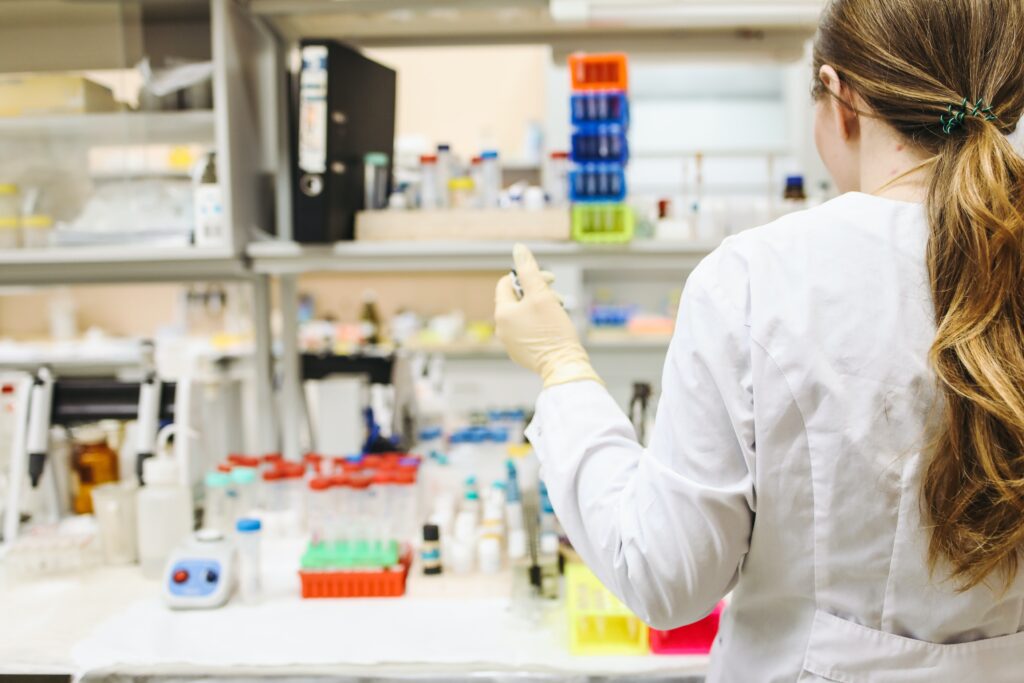
By Melissa Drown
Early career research experiences can be instrumental in leading science, technology, engineering, and mathematics (STEM) majors into scientific careers. Unfortunately, with limited time for mentoring and a high faculty-to-undergraduate student ratio, providing undergraduates with meaningful research experiences can be challenging. Below are some recommendations for providing meaningful undergraduate research experiences (UREs). These recommendations are based on a structured URE implemented in the Marine Genomics Lab at the University of Miami.
Considerations:
Compensation
Undergraduate students often participate in extracurricular activities, hold jobs, and register for a full course load each semester. This can make participating in a URE difficult, as many are offered as volunteer positions where students are not compensated for their time. To remove barriers to participation, faculty can:
- Provide support for students to apply for institutional undergraduate research grants when available. Examples: University of Miami Small Undergraduate Research Grant Experience (SURGE), University of Minnesota Undergraduate Research Opportunity Project (UROP),
- Advertise work-study opportunities when possible. Work-study students have their income supplemented by the university making it very cost-effective to hire them.
Contact your university work study office for details. - Offer research credit for completed lab work. Students can often earn research credits towards their degree, making it possible for them to reduce their course load while still making progress toward graduation.
Independent project selection
Working on independent projects allows undergraduate students to develop project ownership and feelings of responsibility for project success. Simply put, students are essential to the project and are not a “pair of hands” doing predetermined work for others. Some suggestions include having undergraduate students doing the following:
- Have students brainstorm project ideas that are within the expertise of your lab
- Have students refine ideas through discussion with graduate students and faculty
- Have them write an abstract and receive feedback from graduate students.
Expectations and outcomes
At the start of the semester, weekly expectations should be set and discussed with participating undergraduate students. This includes the number of hours students will be in the lab, the progress they will be expected to make by specific dates, and deliverables that will be produced throughout the semester to demonstrate their progress. Examples of deliverables used in the Marine Genomics Lab at the University of Miami are detailed in the table below. Intermediate products are important for maintaining a connection with the students and preventing them from being “left to their own devices” or set to work on a project without accountability, which can lead to failed research experiences.
| Deliverable | Deadline |
| Project Proposal (~1-page abstract) | End of Week 2 |
| Complete Lab book entry | Weekly |
| Mini Progress Presentation (~5 minutes per student) | Mid-semester meeting |
| Final Written Project Report | 1st draft: 1 week prior to the end of the semester Final draft: Last day of the semester |
| Final Presentation (~15 minutes) | Final end-of-semester meeting |
Mentoring
It is recommended to have no more than two undergraduate students paired with graduate student mentors. Graduate-undergraduate student pairs can schedule meetings at their chosen frequency (20 minute long weekly meetings work well). In addition, undergraduate students should be encouraged to meet with faculty mentors at least twice during the semester.
It is important to consider practices for inclusive mentoring by providing a safe environment for all students to learn and work. This can be accomplished, for example, by sharing pronouns at lab meetings, being aware of explicit and implicit barriers to participation (e.g., can all students get to your lab easily, is the training they need to participate in research free and available, are you providing paid and/or for-credit opportunities), and creating a lab “contract” that outlines expectations including a statement on diversity, equity, and inclusion in your lab and at your institution.
Community
One important outcome of undergraduate research experiences is the potential to increase feelings of inclusion in academia among mentees. Below are a few ways this can be accomplished:
- Involve students in journal clubs, lab meetings, and lab outings
- Put undergraduate researchers into small groups and have them present chosen papers at journal club
- Use lab time to hear undergraduate research updates
- Help students apply and prepare presentations for campus undergraduate research symposiums or conferences when appropriate
Professional development
In addition to building research skills, undergraduates benefit from UREs because they get to interact with graduate students and faculty. Additional opportunities for professional development can be readily implemented into a URE by using lab time for intentional non-research activities. Some examples include:
- Converting a resume to a CV
- How to write a cover letter
- Maintaining a good lab notebook
- Using R for data analysis and visualization
- How to use a citation manager
- Effective scientific poster design
These topics can be covered in ~1-hour workshop-style seminars led by graduate students at the lab or departmental level.
Key takeaways
- Set expectations early, use intermediate deliverables, and plan your time
- Teach key skills including lab notebook maintenance, scientific writing, citation management, and presentation skills
- Integrate undergraduates into the lab group to build community
References and resources
- Brown, Anne M., Stephanie N. Lewis, and David R. Bevan. “Development of a structured undergraduate research experience: Framework and implications.” Biochemistry and Molecular Biology Education 44.5 (2016): 463-474.
- Keeping a lab Notebook – NIH Office of Intramural Training
- Mentoring LGBTQ+ Students in STEM
- Setting Expectations in Writing for New Lab Members
- A Hitchhiker’s Guide to the Marine Genomics Laboratory
- This includes an example of a written expectations guide for new students and has resources for professional development (e.g., citation managers, writing a good CV, learning coding, general lab techniques)












